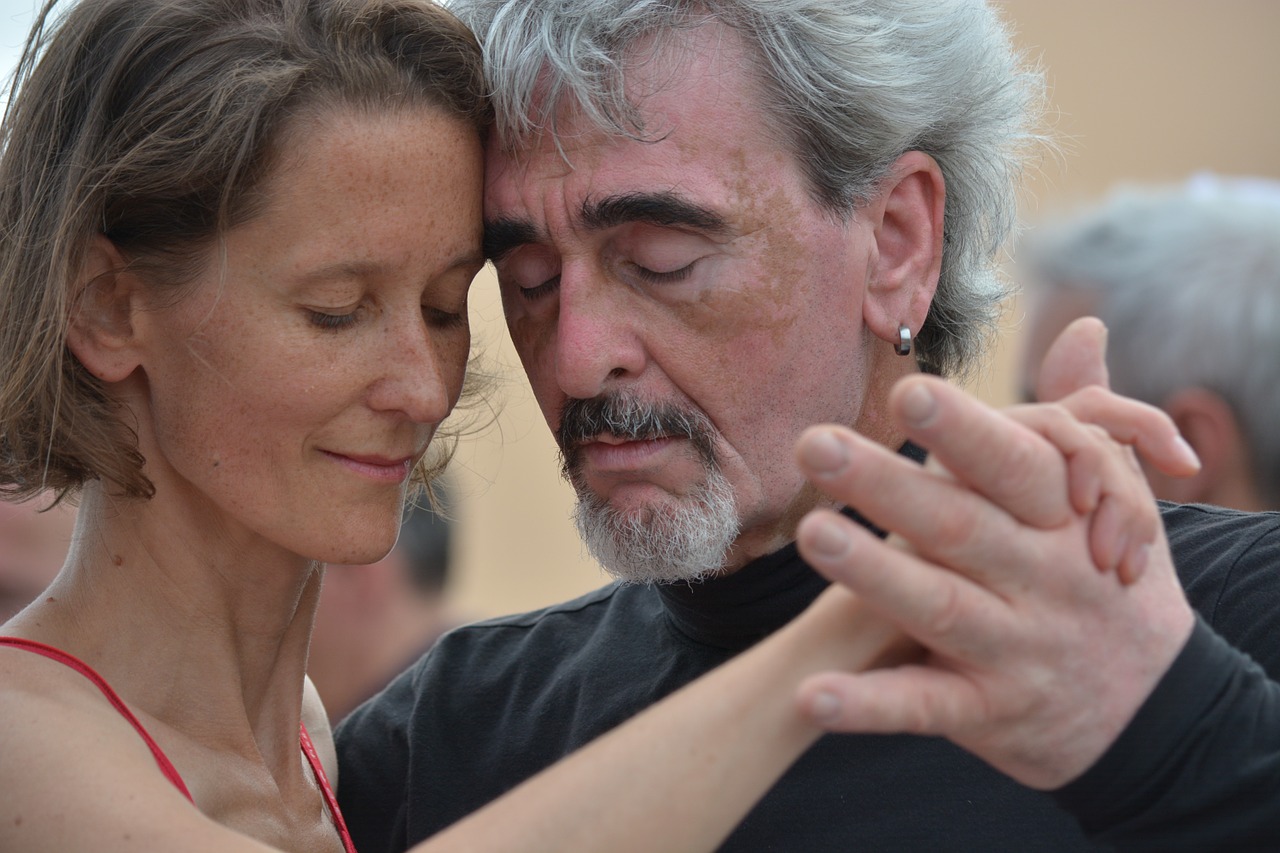Of all the therapies and modalities we’ve discussed here, I believe the most beneficial overall for progressive symptom reduction and movement recovery are Dance based. Here we define Dance Therapy broadly and simply as “moving to music or a beat”
Read MoreMirroring and Rehearsal Therapies for Parkinson's Disease
Movement in humans is a learned behaviour. We learn to move mainly by watching other people go through the motions: we are not born with any innate ability to move around independently. As babies and toddlers, we spend years watching and mimicking our parents, programming our brains with the data they provide. Our brain knows all about walking before we even attempt to walk ourselves, through unconscious observation. Later, we start to get the hang of it through intensive practice, and especially by falling down and making mistakes. Encouragement and supportive instruction from adults help us to keep practising until we have, at last, developed the ability to move independently. But imagine, if as we started to trying to walk, when we fell over on the second attempt, our parents said "oh dear, walking is not for you"! Unfortunately, this is precisely the message people with PD tend to be given.
Read MoreSocial Engagement and Parkinson's Disease
Recently, I described how the "Polyvagal Theory" of Dr Stephen Porges not only provides an elegant explanation for Parkinson's Disease and all its symptoms, but also suggests the actions we can take towards healing. Here, we return to this Nervous System (NS) dysfunction perspective of PD, and explore further how it informs us about what we can do to progressively decrease our symptoms.
Read MoreWalking, Cycling and Dancing: Ankle Mobilization in Parkinson's Disease
In this article, we explore, with the assistance of my friend and mentor, Cheryl Townsley, Health & Wisdom Coach, how the concepts of stress interruption and nervous system resetting help us understand why walking, cycling and dancing - exercises that inherently involve mobilization of the ankle joints - are so beneficial for People with Parkinson's Disease (PwPs), and why we need to keep practicing these regularly.
Read MoreMusic-As-Medicine for Parkinson's Disease
Like many, people with Parkinson's, I had completely stopped listening to music some time before diagnosis. This "closing off" or withdrawal from the world of the senses is one of the running themes which I have found in talking to very many people with Parkinson's. But whenever I see people with other neurological conditions like Alzheimer's on the TV, invariably they seem to be existing in silence, and have forgotten the music that one made them come to life. Even quite recently, I could not recall seeing people with such conditions, as shown in the reality of their lives, with music even playing in the background, and certainly never saw them with a personal choice of music, carefully chosen to stir all sorts of memories, being played loud directly in their ears via digital headphones. Thankfully, the profound impact of music on people with neurological illnesses, such as Alzheimer's and Parkinson's is now coming to the fore.
Read More



